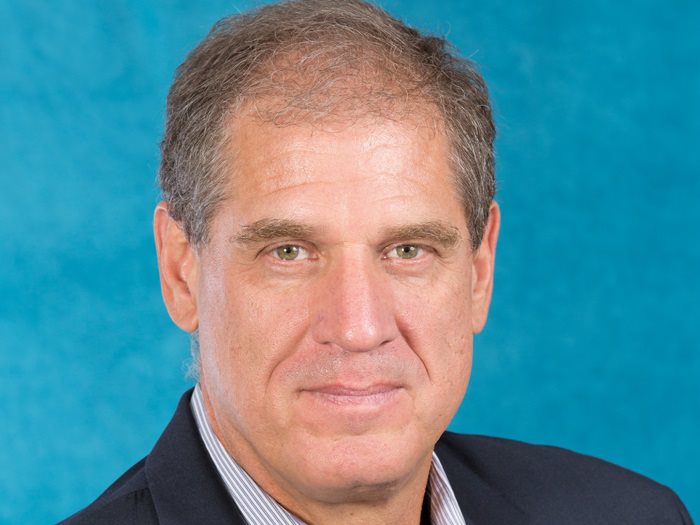Federal Rule Change
Medicaid Rule Changes No Reason for WC Angst

A pending change in the amounts Medicaid can recoup from the workers’ comp system is being scrutinized by experts. At least one says that while it may create some snags, the changes are actually not that dramatic.
Beginning in October, the Medicaid third-party liability provision of the federal budget will be strengthened. It will allow Medicaid programs to collect any payment — not just medical — from a third party that has a legal liability to pay for care and services available under the plan such as workers’ comp.
“This act formalizes what more states were doing anyway and were allowed to do,” said James E. Pocius, shareholder with Marshall Dennehey Warner Coleman Goggin in Philadelphia. “This is evolutionary rather than revolutionary.”
States pay Medicaid benefits to impoverished citizens and are subsequently reimbursed by the federal government. If there is an alternative source of recovery such as workers’ comp, the states are bound to try and collect it, Pocius explained. Otherwise, the federal reimbursement will be reduced by the recoverable amount.
“So there is an incentive for the states to collect it,” he said. “In most states, the appropriate department can put a lien on the person’s property.”
Due to various court decisions, Medicaid has been limited to recouping only that portion of a settlement that was deemed for medical costs, i.e., not lost wages. “However, most settlements never delineate separate amounts for each element of damage,” Pocius said. “If no separation of damages for medical was identified, Medicaid could collect against the entire amount.”
Over the years states have determined their own formulas for the percentage of damages Medicaid may collect. Despite concerns that states might go after total workers’ comp settlement amounts now, Pocius says he knows of no state that has requested 100 percent of a settlement.
He also believes it will not affect that many workers’ comp claims. “In workers’ comp once the person is injured, the carrier becomes the primary payer and the carrier pays higher rates than Medicaid,” he said. “So there is no incentive for the provider to send [the bill] to Medicaid.”
In the rare case where it does happen, Pocius said the amount being sought can be contested anyway. “It’s a challenge,” he said, “not an insurmountable hurdle.”










